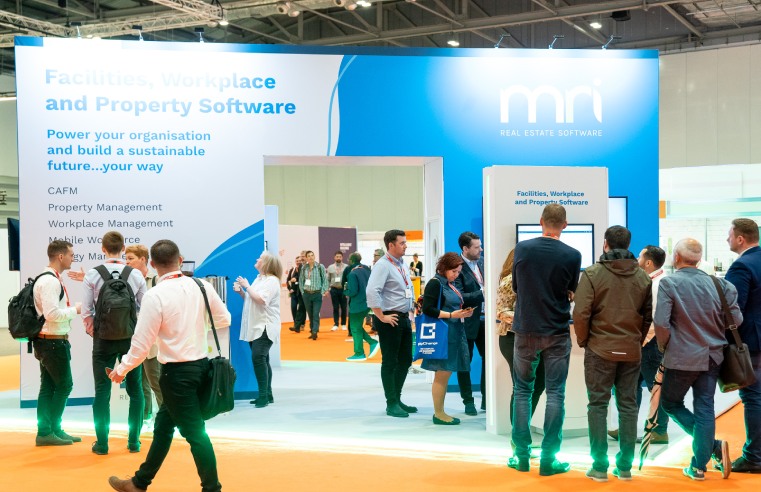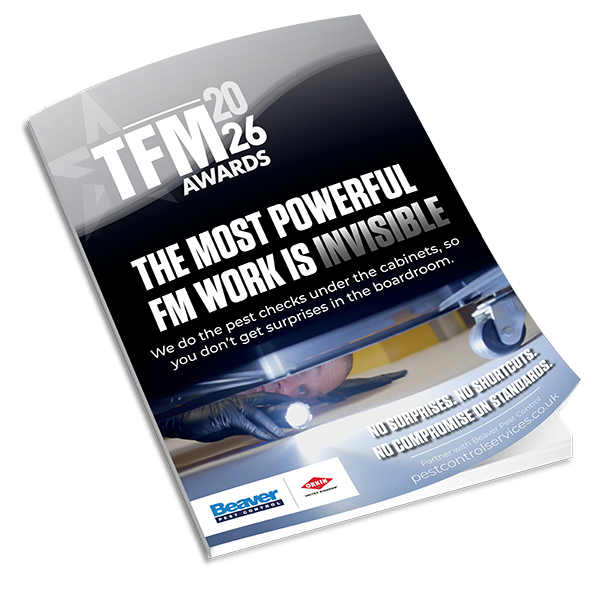AirRated, a joint partnership between Ekkist (a healthy building consultancy) and Metrikus (a smart building platform that aggregates building data) has unveiled a global benchmark for indoor air quality (IAQ).
The aim is to help owners and occupiers of residential new build, public sector and office buildings to better understand, improve and communicate air quality information with their occupants.
With people now spending on average 90% of their time indoors, IAQ is more important than ever.
Air quality is a vital determinant of our overall health and wellbeing with 5 million premature deaths caused by breathing poor air. Air quality within buildings is at risk due to the increase in building air tightness for energy conservation and the introduction of many new materials and sources of indoor pollution.
A recent joint study by the Royal College of Paediatrics and Child Health and the Royal College of Physicians, highlighted that children in the UK are being exposed to harmful levels of pollutants throughout their daily lives in the indoor spaces where they live, breath and learn.
AirRated’s AirScore
The AirRated certification is underpinned by peer-reviewed academic research and is aligned to global building standards and health guidelines.
An AirScore is generated following a monitoring period of three weeks and is valid for a period of 12 months. The three-week AirRated environmental survey gathers information about IAQ using high-specification sensor technology.
Outdoor data from local, in-situ monitoring stations is also gathered, analysed and taken into consideration, as this can heavily influence IAQ. Once collected, AirRated’s in-house environmental scientists test these datasets against the AirRated Scoring System, to generate an AirScore.
The AirScore is comprised of five fundamental parameters, these are: PM2.5, CO2, TVOCs, Temperature and Humidity. The three most impactful of which (PM2.5, CO2 and TVOCs) must meet a minimum threshold requirement for 95% of survey hours in order to pass. The ratings are tiered, ranging from ‘AirScore Certified’, ‘Silver’ and ‘Gold’, up to the highest level, ‘Platinum’.
Following the certification, AirRated can also advise clients on strategies for improving their indoor environments and on communicating this to prospective, buyers, tenants or building occupants.
Olga Turner Baker, CEO of AirRated said: “Our aim at AirRated is to create an internationally accepted industry standard for classifying indoor air quality across all use classes in the built environment.
“At AirRated, we support our clients in promoting healthy environments by raising awareness of indoor air quality and providing bespoke strategies for improvement. Air quality is arguably the single greatest determinant of our overall health and well-being in buildings, and it is paramount that we begin to map and quantify this in order to develop better strategies for improving indoor air quality and creating better living, working and leisure environments.”
Launching with three high profile case studies, AirRated has monitored and advised three separate pioneering clients on their indoor air quality (see separate document with detailed breakdown).
Residential: Landsby, a Tipi BTR scheme by Quintain at Wembley Park.
Public Sector: The Met Office Head Quarters in Exeter.
Commercial: Summit House, The Office Group, a coworking office provider.
Francesca Brady Head of Environmental Research at AirRated explained: “Indoor air quality can affect so many elements of our lives from sleep and allergies to productivity at work and overall health. For example, the pollutant PM2.5 is so small that it can penetrate deep into the lungs and cause serious implications for the body; the longer you are exposed to high concentrations, the worse it can be. It’s now time for property developers and management companies to take action and responsibility for the air that their residents and occupiers are breathing and take necessary steps to ensure it’s the best it can be for the health of future generations.”



































